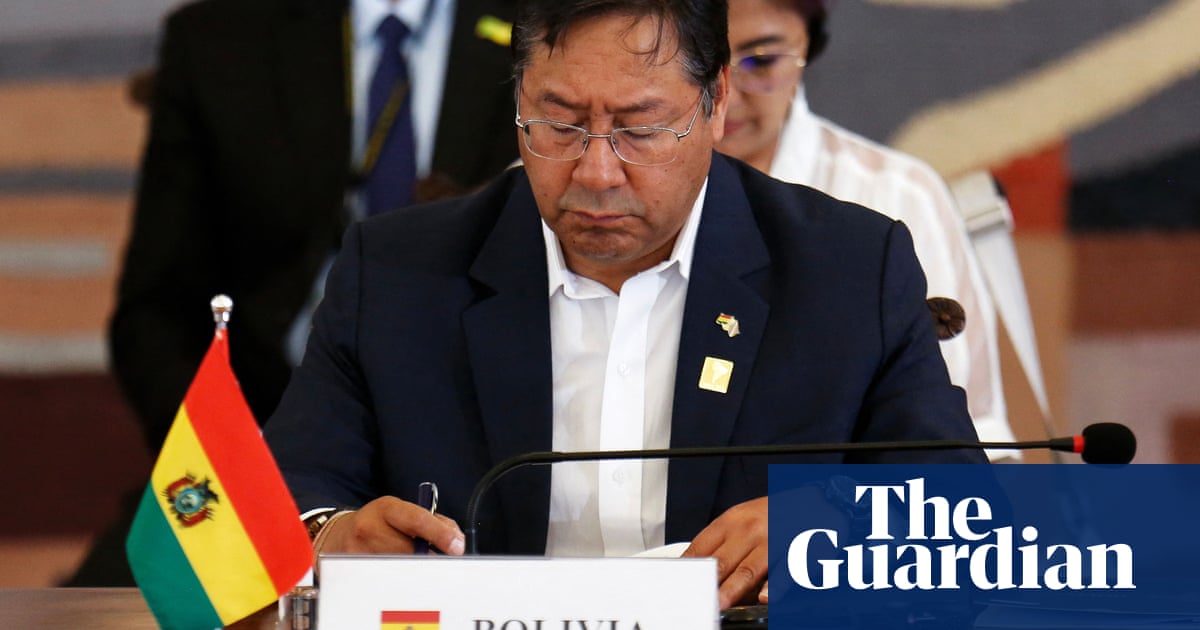
Bahrain has agreed to establish diplomatic relations with Israel, and will join the United Arab Emirates in signing an agreement at the White House on Tuesday.
“Even great warriors get tired of fighting, and they’re tired of fighting,” Trump told reporters in the Oval Office, portraying the deals as peace agreements, although neither Gulf monarchy has ever been at war with Israel, and both had already established extensive informal ties. Bahrain has long advocated Israel’s integration in the region.
“The sand was loaded up with blood, and now you’re going to see that a lot of that sand is going to be loaded up with peace,” Trump said. The US president presented the deals as part of a transformation of the region, adding: “When I took office the Middle East was in a state of absolute chaos.”
The announcement comes less than a month after the UAE agreed to boost economic ties and work towards full diplomatic relations with Israel. A key element of that deal – that Israel would suspend its plans to annex the West Bank – was called into question within days of its announcement.
Foreign ministers from both Gulf states will sign respective agreements with Israel’s prime minister, Benjamin Netanyahu, on Tuesday.
The Trump administration has pursued a strategy of persuading the Gulf monarchies to normalise relations with Israel after failing to make progress towards a settlement between Palestinians and Israelis.
Both the lead US negotiator, the president’s son-in-law and adviser, Jared Kushner, and the US ambassador to Israel, David Friedman, are close to the rightwing pro-settlement groups and have promoted substantial Palestinian territorial concessions.
Many Palestinians have viewed the Gulf states’ rapprochement with Israel, without any gains for Palestinian rights, as a betrayal.
Khaled Elgindy, a senior fellow at the Middle East Institute in Washington, said on Twitter: “The Bahrain announcement, coming on heels of UAE normalization, is another blow to Palestinians and hopes for statehood or ending occupation.”
Hadar Susskind, the head of Americans for Peace Now, said: “Normalization with the Arab world is welcome, but not as a tool to normalize the occupation and the conflict with the Palestinians.”
Kushner said that he expected more Arab countries to follow suit in establishing formal relations with Israel. “We were not sure what the reaction would be, but it’s been overwhelmingly positive, and more and more countries are rushing to try to figure out how can they do good things for their citizens and create a paradigm for a much more peaceful and prosperous future,” he said, but would not name countries.
Kirsten Fontenrose, a former senior official in the Trump national security council, said Bahrain would not have agreed to normalisation without the approval of Saudi crown prince Mohammed bin Salman (widely known as MBS), but added that Saudi Arabia itself was unlikely to follow the same path while Bin Salman’s father was still on the throne.
“Bahrain does not make a move in foreign policy without Saudi approval, and I think since MBS is not at liberty to normalize relations between Saudi and Israel right now because King Salman is opposed until there’s a Palestinian solution,” said Fontenrose, now the director of the Scowcroft Middle East security initiative at the Atlantic Council. “This is the way to signal that the next leadership of Saudi Arabia does support the idea of Arab-Israeli normalisation.”
Morocco, Kuwait and Oman are also considered possible candidates.
One disincentive, Fontenrose said, was that two key benefits the UAE thought it would get from its agreement with Israel are now in question. Israel has continued to oppose the Emirati purchase of US F35 stealth fighter jets and disputed that the agreement entailed a long-term suspension of its aspirations to annex Palestinian territory on the West Bank.












